The trading scene in the stock market experienced notable movements on Monday, as major indices ended the day with significant gains. The Dow Jones Industrial Average reached an impressive intraday peak of 44,815.67 points while the S&P 500 soared to 6,020.75 points—both figures marking historic highs during trading hours. With Thanksgiving just around the corner and the markets on a holiday break this Thursday, the trading volume is anticipated to be light for the remainder of the week.
Closing numbers for the day saw the Dow closing up by 440.06 points at 44,736.57, which translates to a 0.99% increase. The Nasdaq, although slightly less robust, still finished the day higher by 51.18 points—a 0.27% uptick, landing at 19,054.84. The S&P 500 also had a positive close, gaining 18.03 points or 0.30% to wrap up at 5,987.37. Yet, not every sector experienced gains, with notable declines for key players such as Tesla (TSLA.US), which saw a 3.9% drop, followed closely by NVIDIA (NVDA.US) at a 4.1% decrease and MicroStrategy (MSTR.US) at 4.3%. On a more positive note, the Nasdaq Golden Dragon Index, which includes prominent Chinese companies, recorded a 0.4% increase, highlighting gains for iQIYI (IQ.US) soaring over 6% and Alibaba (BABA.US) experiencing a near 3% rise.
Across the Atlantic, European markets also reflected positive performance. Germany’s DAX 30 Index edged up by 121.26 points, reaching 19,427.05, which marks a 0.63% increase. The UK's FTSE 100 added 27.37 points to conclude at 8,289.45, registering a 0.33% increase, while France's CAC 40 index remained nearly stable, rising just 2.46 points or 0.03%, landing at 7,257.47. The pan-European STOXX 50 Index rose by 10.27 points, representing a 0.21% boost to reach 4,799.35. Some regional variation was evident in Spain and Italy, with Spain's IBEX 35 increasing by 66.15 points (0.57%), while Italy's FTSE MIB suffered a modest loss of 79.83 points (0.24%) to close at 33,415.00.
In the Asia-Pacific region, the stock market showcases were triumphant with Japan's Nikkei 225 climbing by 1.3%, while Indonesia's Jakarta Composite Index surged by 1.65%. Meanwhile, South Korea's KOSPI index also enjoyed a solid gain of 1.39%, demonstrating positivity across various exchanges in the region.
In the realm of cryptocurrencies, Bitcoin faced a significant pullback, reverting to a value of around $94,000 per coin. This retraction was accompanied by dramatic turmoil elsewhere in the crypto market, with a staggering $27.98 million in liquidations occurring within the last hour alone. In the past 24 hours, over 157,061 investors were liquidated, leading to an eye-watering total of $457 million in loss.
Turning the spotlight to commodities, the gold prices took a dip, ending down by 3.33% at $2,625.82 per ounce. The trading session for gold saw fluctuations primarily in a downward trajectory towards the latter part of the day with a trading range between $2,721.41 and $2,615.68. Similarly, COMEX gold futures also saw a reduction, closing at $2,627.40 per ounce after a 3.13% decrease.
Crude oil prices also felt the pinch, as January futures for West Texas Intermediate (WTI) crude saw a fall of $2.30, marking a 3.23% decline which adapted its price to $68.94 per barrel.
Metal markets experienced mixed fortunes. The London Metal Exchange (LME) for copper concluded positively with an increase of $78, settling at $9,046 per ton. Similarly, aluminum rose by $28 to reach $2,652 per ton, while zinc and lead also reported gains. Zinc increased by $54 to $3,020 and lead rose by $7, finishing at $2,029. The LME nickel saw a notable increase with a jump of $233, ending at $16,203, whereas tin rose by $62 to $28,976. Cobalt, conversely, leveled out with no change, remaining steady at $24,300.
Amid these market fluctuations were significant macroeconomic insights. Chicago Federal Reserve President Goolsbee suggested that further rate cuts might be on the horizon unless clear indications of economic overheating emerge. In his recent remarks during an interview, he emphasized the Fed's intentions to adopt a stance that neither represses nor stimulates economic activities, advocating for gradual rate reductions under current circumstances.
In other news, the United States Treasury Secretary nominee, Scott Bensent, unveiled his “3/3/3” economic agenda. This ambitious plan proposes to cut the budget deficit to 3% of GDP, achieve an annual growth rate of 3%, and boost domestic oil production by 3 million barrels per day. As it stands, the U.S. deficit is projected to hover between 6% to 7% of GDP, setting the stage for possible risk of rising interest rates. Bensent's first proposal aims to appease deficit hawks, but balancing growth with immigration restrictions may prove to be challenging.
The Dallas Fed noted some encouraging signs for the mechanical manufacturing sector, underscoring that industries such as consumption, communications, and computing show signs of stabilizing. Their report also mentioned a consistent but low demand for chemical products globally, forecasting a slow but steady improvement in the upcoming six months. However, uncertainties regarding tariffs and global demand have created a less optimistic outlook. While automobile and industrial markets remain precarious, the machinery sector holds potential for brighter prospects in the long run, despite short-term challenges.
In South Korea, the consumer economic outlook took a hit, marking the sharpest decline in over two years. According to the Bank of Korea's monthly survey, the expectation index fell by 7 points to 74, denoting the most significant decrease since the summer of 2022. In line with this contraction in economic forecasts, consumer sentiment overall has weakened following a stagnant third quarter performance and amid concerns over government trade policies towards countries with substantial trade surpluses with the U.S.
On the corporate front, Warren Buffett announced plans to convert part of his Berkshire Hathaway shares for charitable contributions to family foundations. As per statements made on November 25, Buffett will exchange 1,600 class A shares for 2.4 million class B shares, which will be distributed among four family foundations—effectively reducing his Berkshire holdings by over 56% since his earlier commitments in 2006.
Lastly, in a surprising move, MicroStrategy reported a historic acquisition of Bitcoin, totaling approximately $5.4 billion since its initial purchase over four years ago. Recently, the company acquired 55,500 Bitcoin at an average price of $97,862, reinforcing its commitment to cryptocurrency as an essential component of its portfolio, which now holds nearly $38 billion worth of Bitcoin across approximately 386,700 coins.






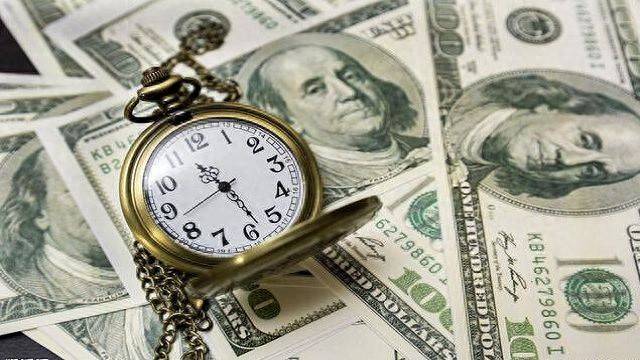


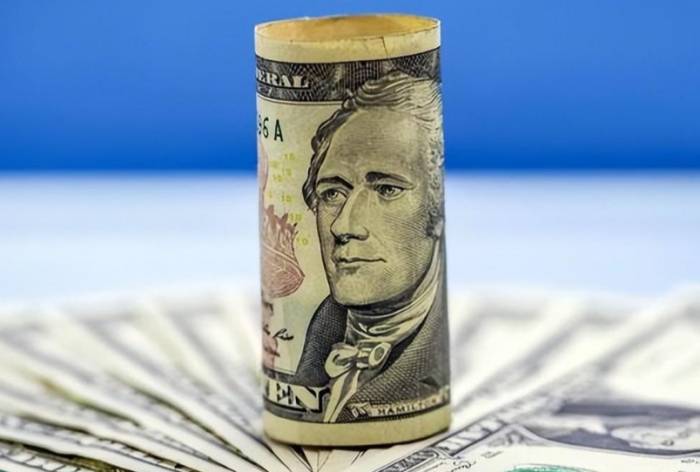


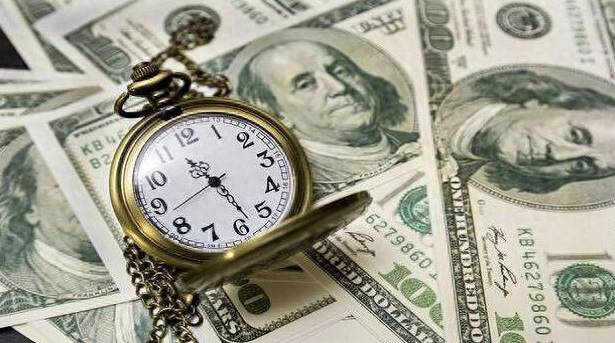
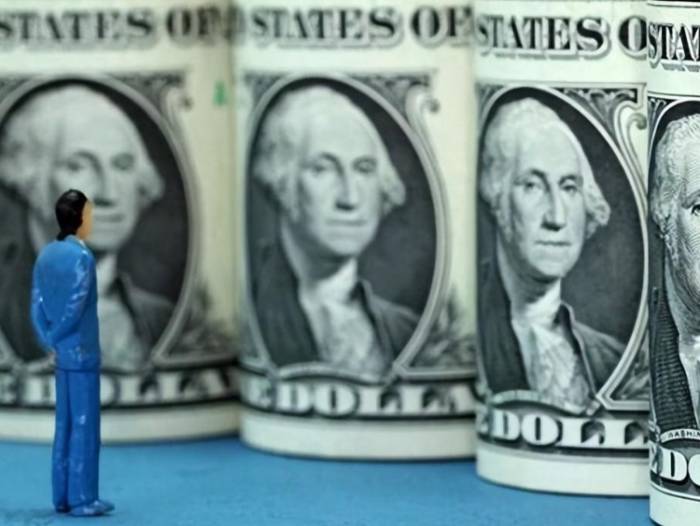







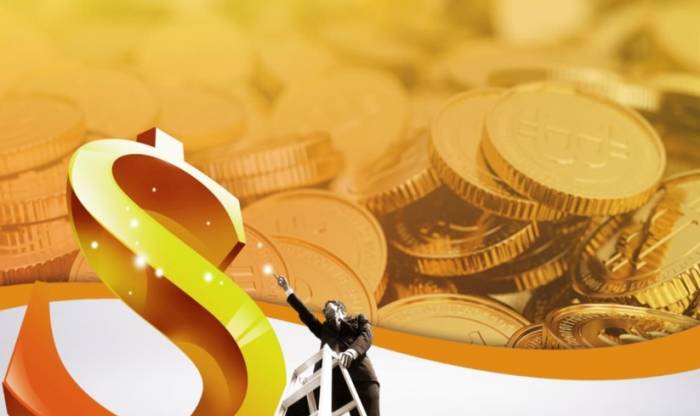







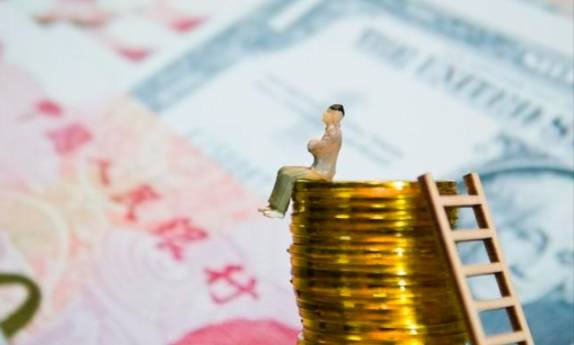
Join the Discussion